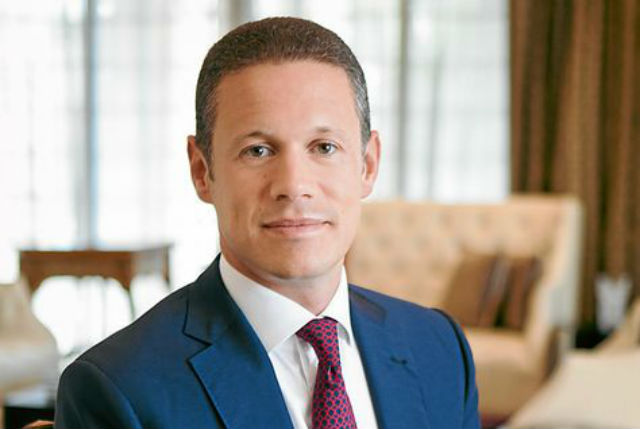Home
About Us
Page 2
Essentially, the program will support the studies that seeks to explore the complicated and dynamic relationships between the parts of a system and the system, and also between the system and its environment, all in effort to fully comprehend the system as a whole.
|
|
The NIH, together with the NIGMS and NIMH invites applications from a team of scientists who are all willing to work towards the achievement of the goals of this program. In addition, the funding agencies have also stipulated that they will give priority to applicants who have manifested expertise in behavioral or social sciences.
The funding agencies are set to administer a funding amount of $2,000,000 to support the Modeling Social Behavior Grant Program.
The institutions and organizations who will be considered eligible to participate in the program are the following:
a) Higher Education Institutions such as Public/State Controlled Institutions of Higher Education and Private Institutions of Higher Education
b) Nonprofits Other Than Institutions of Higher Education
c) For-Profit Organizations such as Small Businesses and other organizations other than Small Businesses
d) State Governments, County Governments, City or Township Governments and Special District Governments
e) Independent School Districts, Public Housing Authorities/Indian Housing Authorities, Native American Tribal Organizations (other than Federally recognized tribal governments), Faith-based or Community-based Organizations, and Regional Organizations.
Modeling Social Behavior Grant Program
Back to Page 1
About The Author Michael Saunders is an editor of TopGovernmentGrants.com one the the most comprehensive Websites offering information on government grants and federal government programs. He also maintains Websites providing resources on environmental grants and grants for youth programs. |
Additional Resources
category - Health Grants
Cancer Prevention, Control, Behavioral Sciences, and Population Sciences Career Development Award Program
Cancer Research Network: a Research Resource within Health Care Delivery System
Targeting Persistent HIV Reservoirs Grant Program
HRSA: Reducing Loss to Follow-up after Failure to Pass Newborn Hearing Screening
Follow @topgovtgrant
Social Entrepreneurship
Spotlight
Ashoka Unveils Gulf Program to Promote Social Entrepreneurship

Ashoka, a global platform for social innovation, introduced the Arab World Social Entrepreneurship Programme (ASEP) to support local social entrepreneurs in scaling up their operations in three key areas – healthcare, environment and women participation for inclusive growth.
